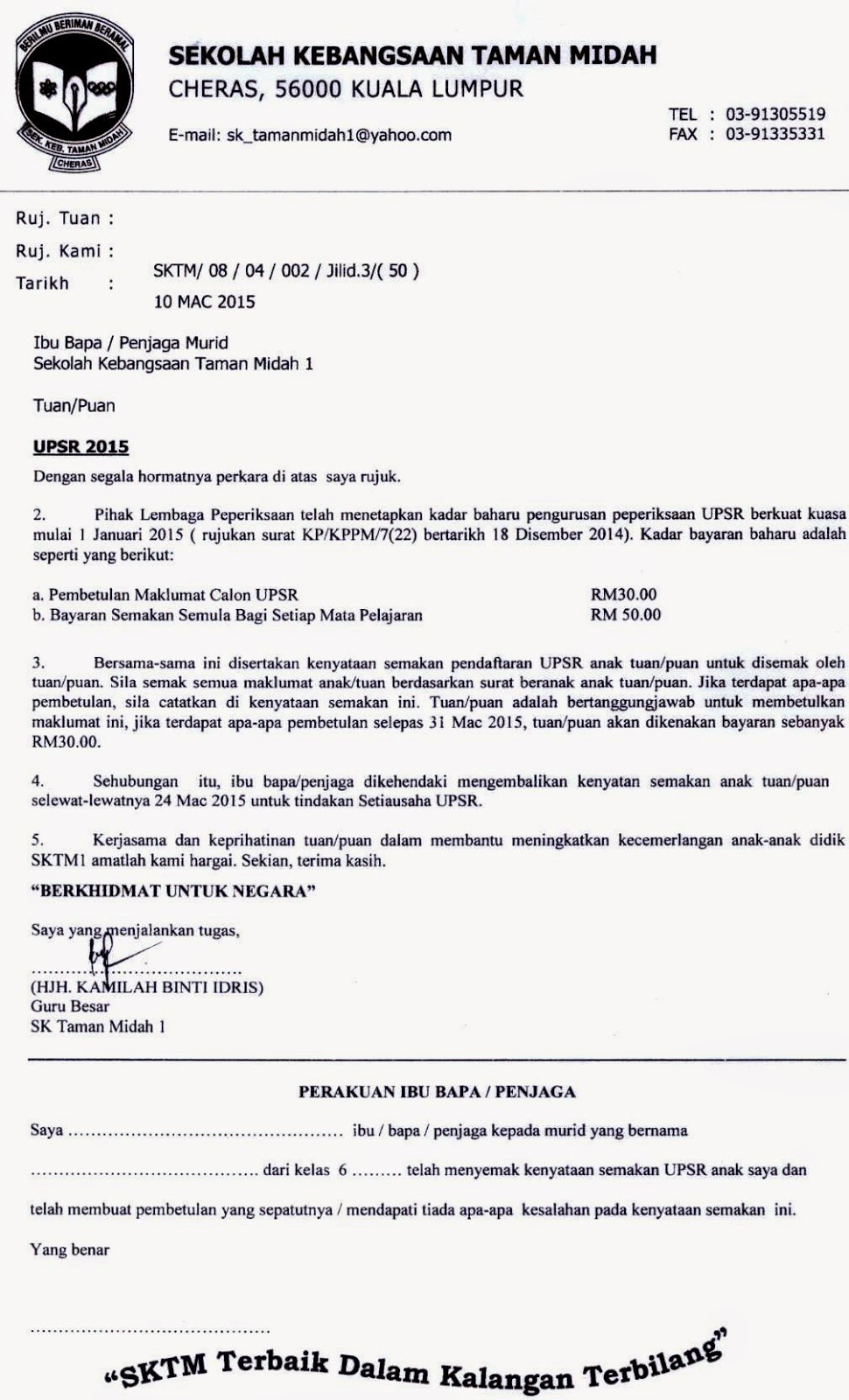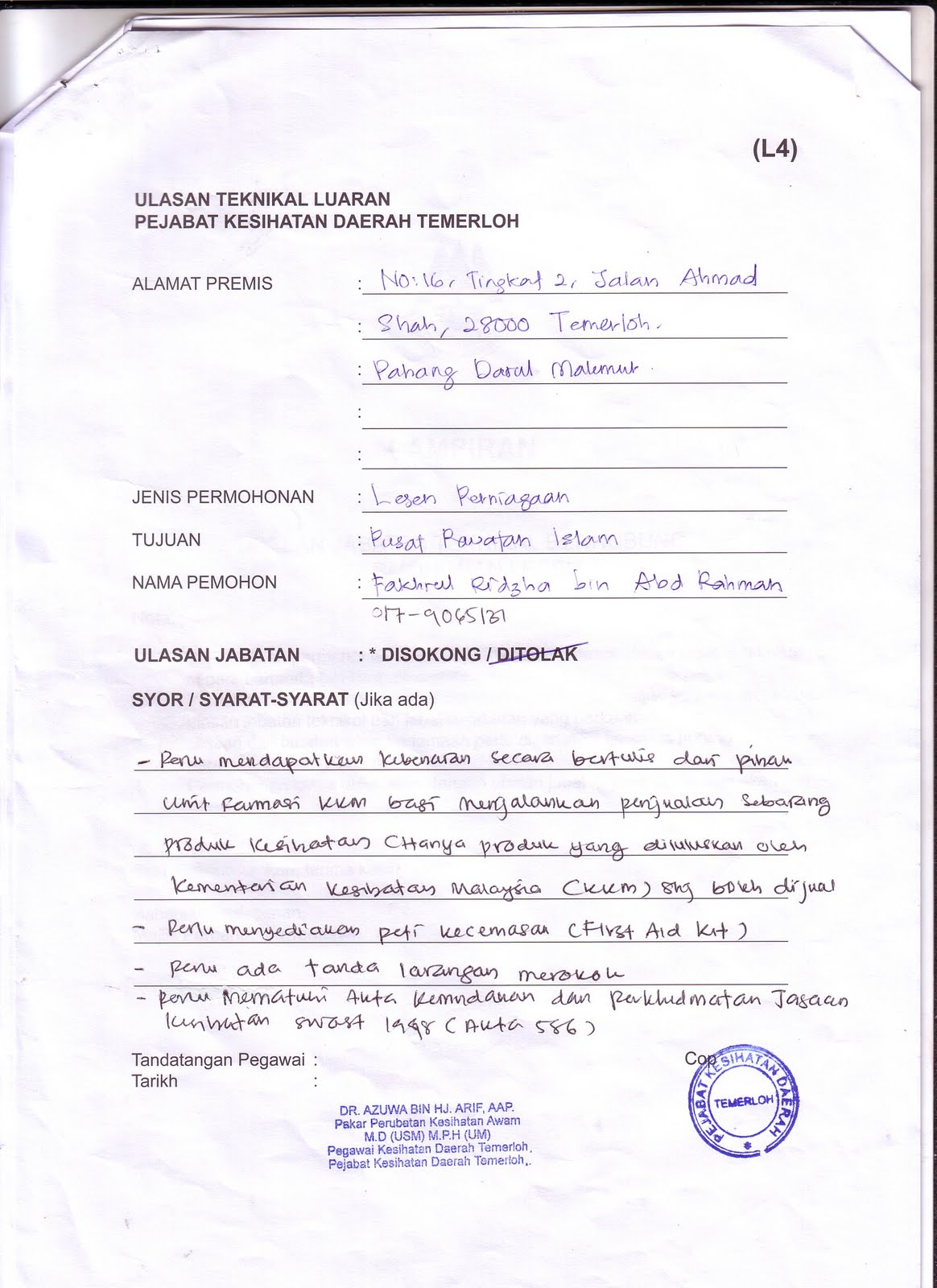Navigating Medical Reports: A Guide to Understanding and Utilizing Your Health Information
Have you ever felt a wave of confusion wash over you while trying to decipher the contents of a medical report? You're certainly not alone. Medical reports, often filled with complex terminology and technical jargon, can seem like a daunting puzzle. But understanding these reports is crucial for anyone who wants to be an active participant in their own health journey.
Think of a medical report like a detailed map of your health. It provides a snapshot of your medical history, current condition, and even potential future risks. It's a valuable tool that allows you and your healthcare providers to make informed decisions about your well-being.
Imagine this: you're facing a health concern, and your doctor suggests a course of treatment. Wouldn't you feel more confident and empowered if you could fully grasp the rationale behind the recommendation? That's where medical reports come in. They provide the context and clarity needed to make sense of your health situation.
The good news is, you don't need a medical degree to understand the basics of your medical reports. With a little guidance, you can unlock the wealth of information they contain and become a more informed advocate for your own health.
In this comprehensive guide, we'll demystify the world of medical reports, breaking down complex terms, outlining essential components, and equipping you with the knowledge to navigate your health journey with confidence. We'll delve into the importance of understanding these reports, explore how to use them effectively, and empower you to take charge of your well-being.
Advantages and Disadvantages of Medical Reports
| Advantages | Disadvantages |
|---|---|
| Provide a clear and comprehensive record of your health | Can be overwhelming due to medical jargon and technical language |
| Facilitate communication between healthcare providers | May contain errors or inconsistencies, requiring clarification |
| Help you understand your diagnosis, treatment options, and prognosis | Can be emotionally challenging to read, especially if they contain negative information |
| Empower you to make informed decisions about your health | Access to medical reports might be restricted in some cases |
5 Best Practices for Utilizing Medical Reports Effectively
1. Request Copies of Your Reports: Don't hesitate to ask your doctor or healthcare provider for copies of your medical reports, including test results, consultation notes, and discharge summaries.
2. Organize Your Records: Create a system for organizing your medical reports, either electronically or in physical files. This will make it easier to track your health information over time.
3. Read Carefully and Take Notes: Set aside dedicated time to review your reports thoroughly. Highlight or jot down any terms or sections that are unclear to you.
4. Don't Be Afraid to Ask Questions: If you encounter unfamiliar terms or have any questions about your reports, don't hesitate to reach out to your doctor or a trusted healthcare professional for clarification.
5. Use Online Resources Wisely: While the internet can be a helpful tool for researching medical information, always rely on reputable sources and consult with your healthcare provider for personalized guidance.
8 Common Questions and Answers About Medical Reports
1. What is the purpose of a medical report?
Medical reports serve as comprehensive documentation of a patient's medical history, examinations, diagnoses, treatment plans, and progress. They facilitate communication among healthcare providers and empower patients to understand and manage their health.
2. What information is typically included in a medical report?
Medical reports often include personal details, medical history, examination findings, test results, diagnoses, treatment plans, medications, allergies, and recommendations.
3. How can I obtain a copy of my medical report?
You can request a copy of your medical report from your healthcare provider or the medical facility where you received treatment.
4. Are medical reports confidential?
Yes, medical reports are considered confidential documents, protected by privacy laws. Your information cannot be shared without your consent, except in specific legal circumstances.
5. Can I request corrections to my medical report if I find errors?
Yes, you have the right to request amendments to your medical records if you believe there are inaccuracies or missing information. Contact your healthcare provider to discuss the necessary steps.
6. How long are medical reports kept on file?
The retention period for medical records varies depending on local regulations and institutional policies.
7. What should I do if I don't understand something in my medical report?
Don't hesitate to contact your healthcare provider if you have any questions or need clarification regarding your report.
8. How can understanding my medical report benefit me?
Understanding your medical report empowers you to take an active role in managing your health, communicate effectively with your healthcare providers, and make informed decisions about your treatment options.
In conclusion, medical reports are essential documents that provide valuable insights into our health. While they can initially appear intimidating, by familiarizing ourselves with the key components and seeking clarification when needed, we can unlock a deeper understanding of our well-being. Remember, knowledge is power, and understanding your medical reports equips you to make informed decisions about your health journey.
The timeless allure of benjamin moore antique white
Mastering form 3 science practical answers exam prep
The enigma of tiling beneath the bath a practical exploration










